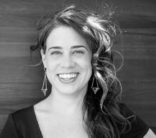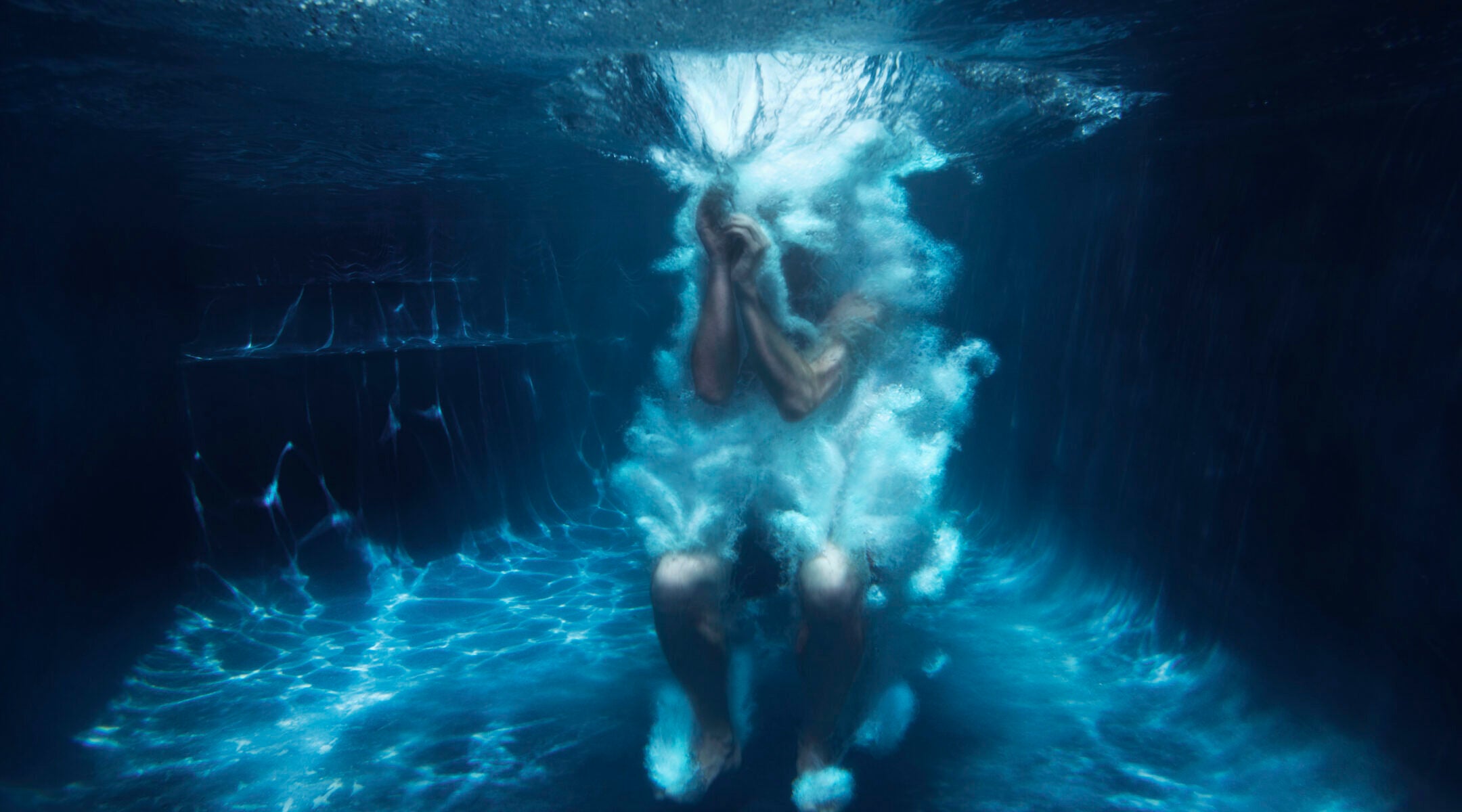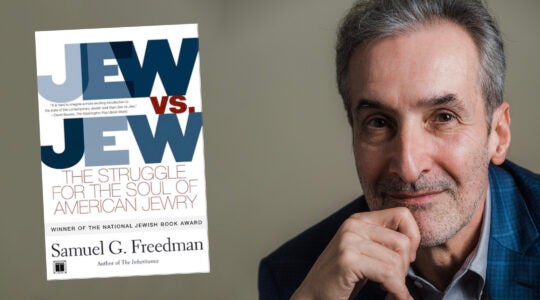In keeping with Jewish tradition that makes no differentiation between those who are born Jews and those who become them, I rarely talk about being a convert. But in light of the antisemitic attacks in America over the last two weeks, and as we celebrated Shavuot, a holiday honoring a convert, I wanted to break that silence.
My beit din — the rabbinic court that signed off on my conversion — was exactly 16 years minus a month ago. I completed my conversion after four years of study — because I’m nothing if not both thoughtful and stubborn. Back in 2005 when I started the process, and in 2009 when I formally converted, the level of antisemitism we’re currently seeing was unimaginable in the modern world. We were at the end of what we now know was a golden age for Jews, and we thought that after the Holocaust, society knew better.
We were, of course, wrong.
But my conversion advisor was wise. He understood that as Jews, our primary law is pikuach nefesh — the protection of life. And when we accept a convert, we put their life and the lives of any of their decedents at risk. To do so is a serious thing, and can only be done if the convert has a Jewish soul, and hence there is no other option.
(The teaching is that all Jewish souls were present at Sinai, where we received Torah, which is what we celebrate on Shavuot. Most souls were born into Jewish families, but some of us were born into non-Jewish families, and part of our soul’s task was to find its way home.)
My conversion advisor was serious about me understanding the risk on a bone-deep level. He knew I wanted kids, and because of that, he wouldn’t consider my conversion until I had had nightmares about my future children and the Holocaust.
Every clergy member I’ve told this to since my conversion has said that was “over the top” and “too much.” But looking around the world today, I think it was exactly right. I don’t know a single Jewish mother that doesn’t have Holocaust nightmares about their children, particularly now. It’s rooted in our DNA. We gave birth to them, and we know the risk at a cellular level.
At my beit din, before announcing the decision, my conversion advisor said to me, “If we fill out this certificate, it will be on file. And if the Nazis come back, your name will forever be on record as a Jew. Are you sure you want to do this?” I said yes, because it was my soul’s only option.
But on that day, July 3, 2009, in San Francisco, that reality seemed far off, if not impossible. I told my husband’s family what had transpired at brunch after, and they laughed. “A dramatic question,” they said, “but not a real risk.”
But it turns out, the risk was all too real. Last month, when a young couple was killed after leaving an event at a Jewish museum, my 9-year-old daughter asked, “Why is tonight different than every other night they kill Jews?” She didn’t realize she was mirroring the Passover question. And the answer, of course, is that it wasn’t. All nights they kill Jews are like Shabbat Shachor, that Black Shabbat of Oct. 7. Yom Shachor. Laila Shachor. Black day. Black night.
After the attack in Boulder, my 12-year-old son just asked in a flat voice: “How many Jews were killed?” (The answer is none, but not for lack of trying, and the damage is severe.) But it horrifies me that at 12, this is the reality he lives in, the question he knows to ask.
As someone with a significant social media presence, every day since the Tree of Life Shooting in 2018, I’ve spoken out about rising antisemitism, tried to win the hearts and minds of non-Jews. And I’ve been in the best company, Jews who have devoted much of their lives to the cause. But it has only gotten worse. Those of us who have been outspoken have been treated as Cassandras, disbelieved and mocked until it was too late. People’s careers have been damaged, lives put at risk. And yet the horrors only grow. It feels late in the day now. I have very little hope that we’ll convince non-Jews to care.
But when my friends say they’re hopeless, I note that there is hope if we look within. I have nothing but hope and faith in the Jewish people. We have each other, all of us: conservative and liberal, secular and religious, Israeli and in the Diaspora. And we love each other more than they can ever hate us.
Sixteen years ago I made the only choice available to me. I honored my Jewish soul. Even as we’ve walked into the fire, I’ve never regretted it. We are, in fact, the very best, and I love us more than anything. I’m lucky to be here.
JTA has documented Jewish history in real-time for over a century. Keep our journalism strong by joining us in supporting independent, award-winning reporting.







